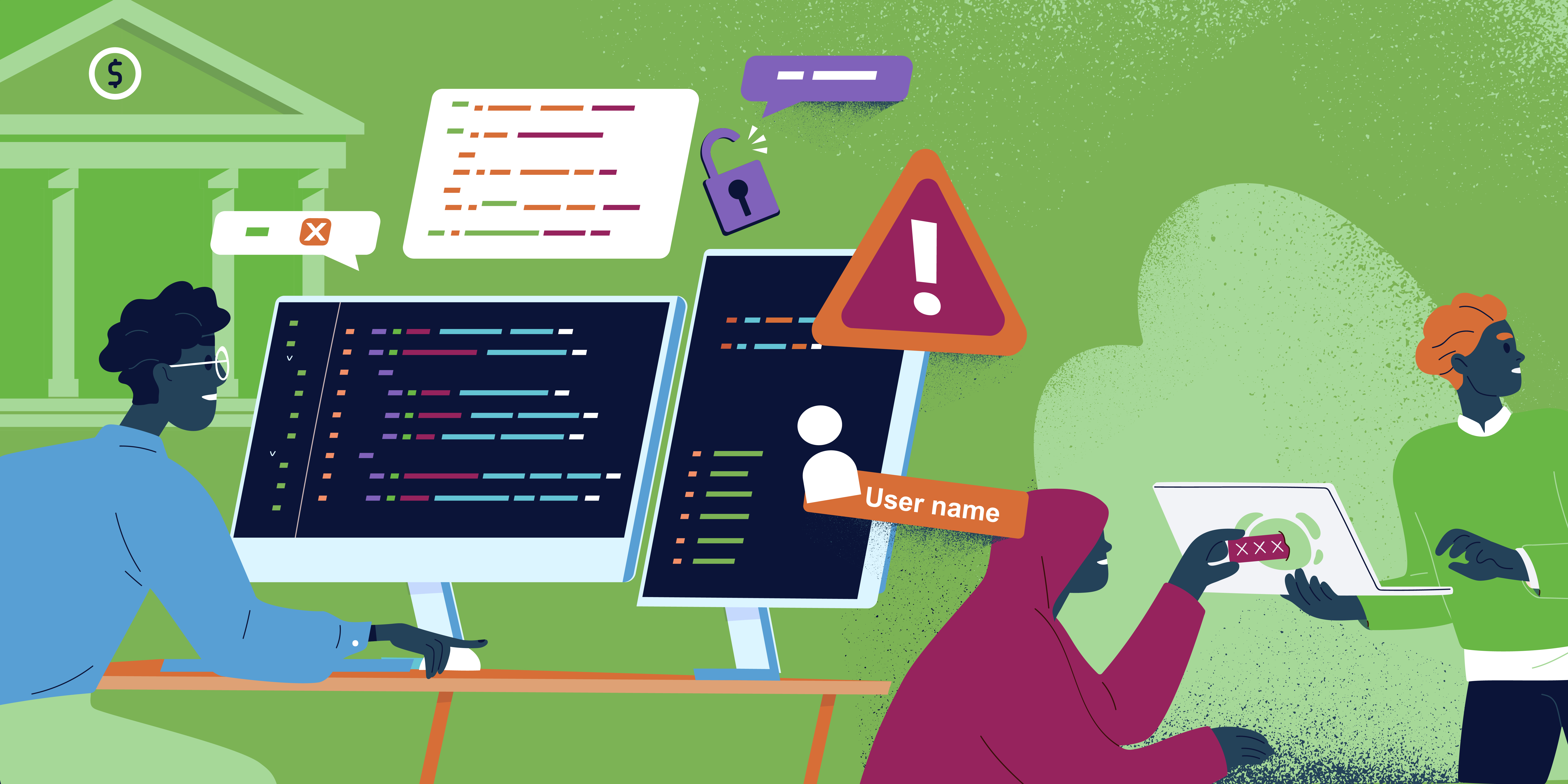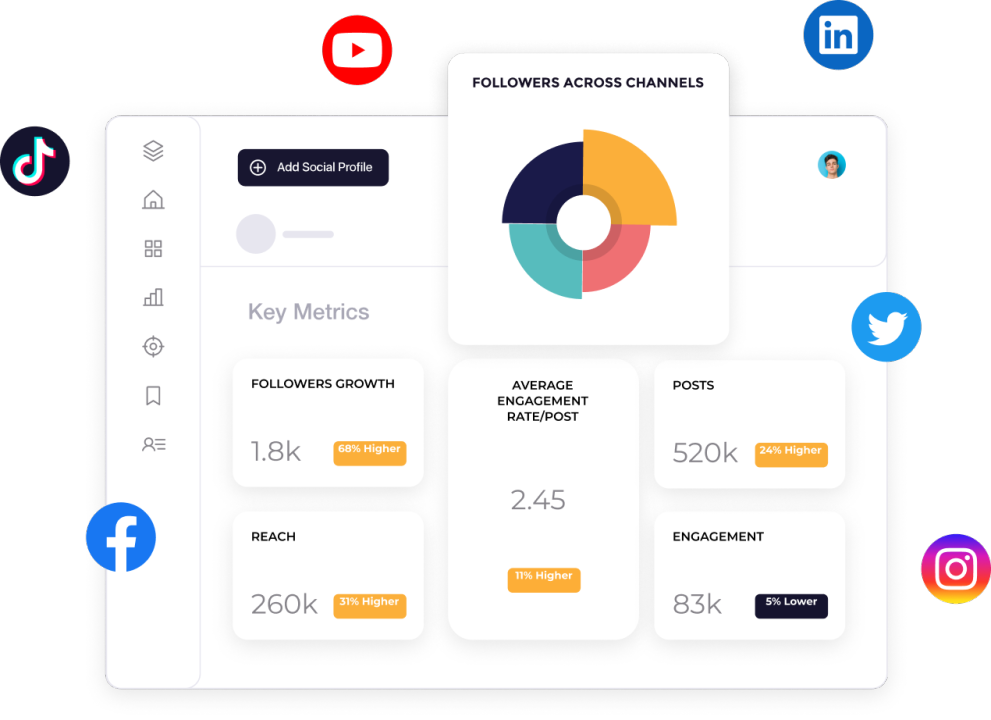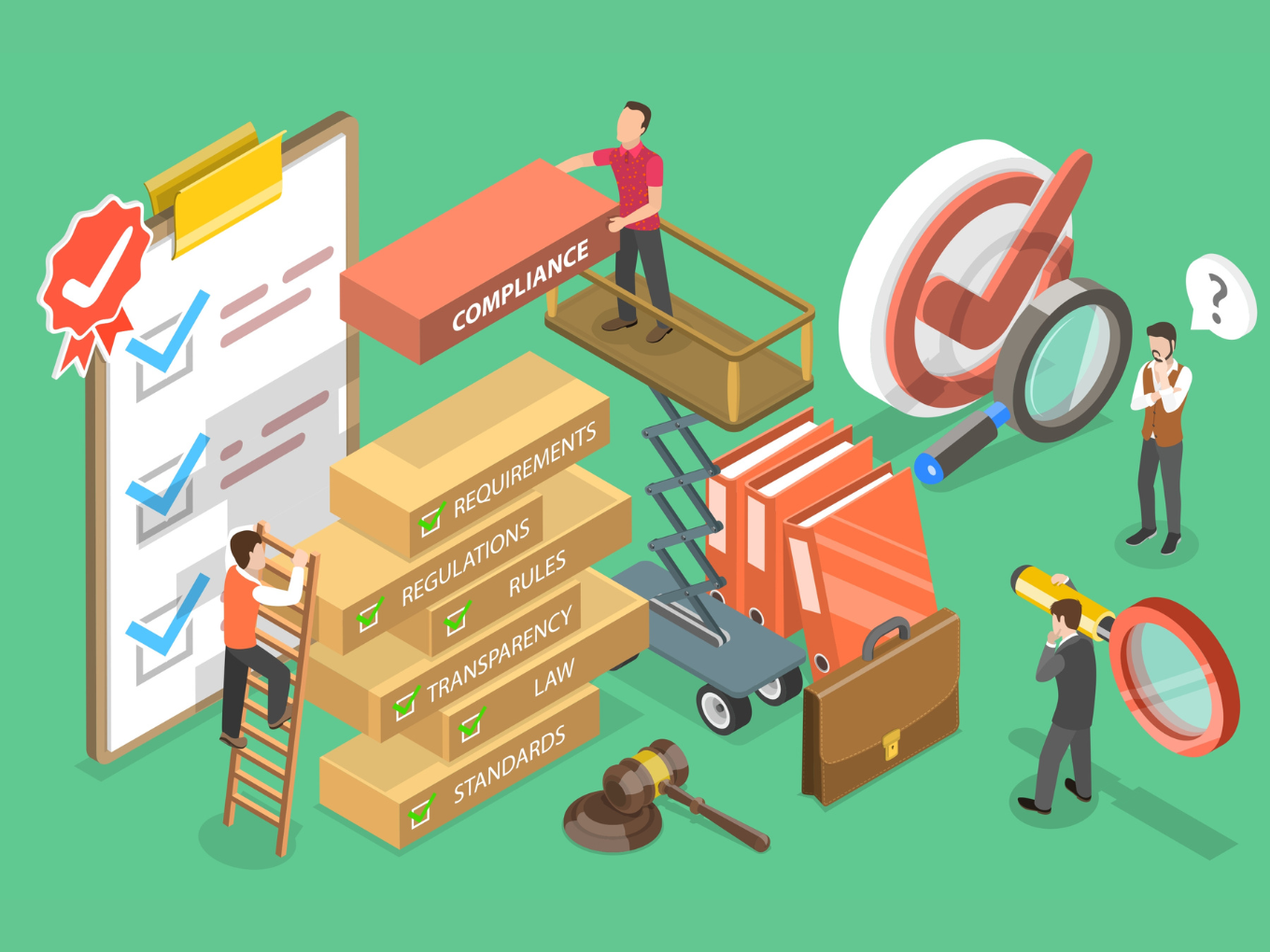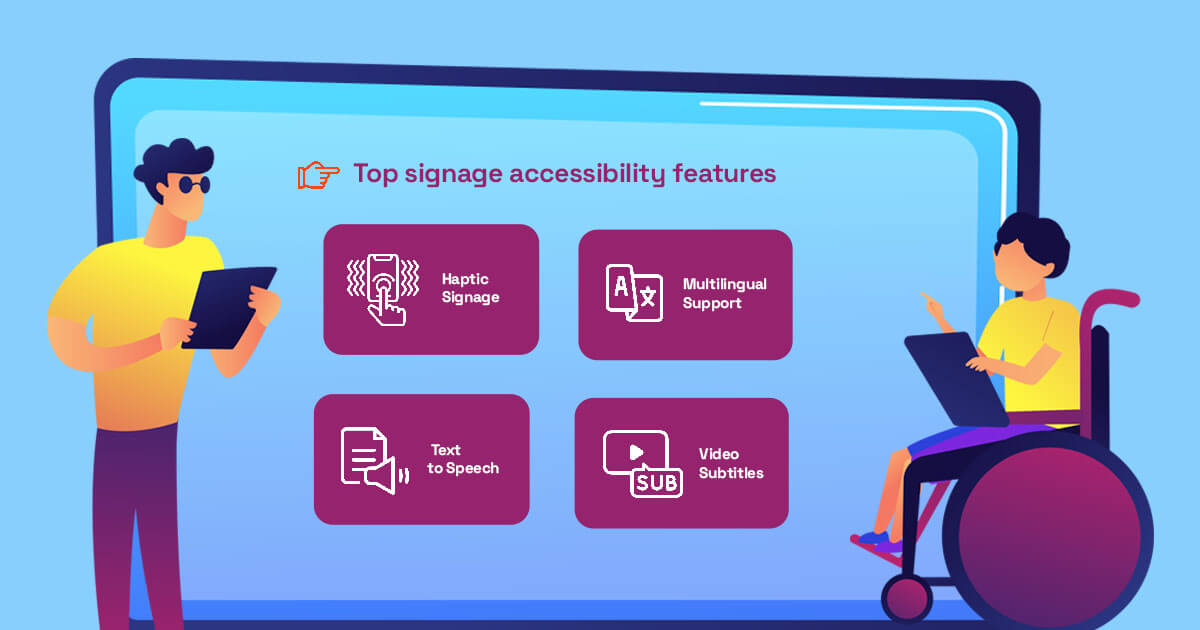
In today’s data-driven world, extracting valuable insights and understanding human language is crucial for businesses across various industries. Natural Language Processing (NLP), a subfield of artificial intelligence, has emerged as a powerful technology that empowers machines to comprehend, analyze, and generate human language. From customer support to healthcare, marketing, and finance, NLP offers an array of use cases and business solutions that enhance efficiency, customer satisfaction, and decision-making.
In this blog, we will explore some of the best applications of NLP and how it is transforming industries.
 One of the most prevalent applications of NLP is in customer support. Chatbots, powered by NLP algorithms, offer real-time assistance to customers. They can understand and respond to customer inquiries, troubleshoot problems, and guide users through processes. These virtual agents provide round-the-clock support, reducing response times and improving customer satisfaction. Leading companies use chatbots to streamline customer service, saving both time and resources.
One of the most prevalent applications of NLP is in customer support. Chatbots, powered by NLP algorithms, offer real-time assistance to customers. They can understand and respond to customer inquiries, troubleshoot problems, and guide users through processes. These virtual agents provide round-the-clock support, reducing response times and improving customer satisfaction. Leading companies use chatbots to streamline customer service, saving both time and resources.
Understanding customer sentiment is crucial for businesses looking to gauge the success of their products or services. NLP techniques enable sentiment analysis of online reviews, social media posts, and customer feedback. By analyzing the tone and context of text data, businesses can gain valuable insights into customer opinions, identify emerging trends, and make data-driven decisions.
 In the banking and finance sector, NLP helps identify fraudulent activities by analyzing transaction descriptions and customer interactions. It can raise alerts for suspicious behavior, preventing financial losses.
In the banking and finance sector, NLP helps identify fraudulent activities by analyzing transaction descriptions and customer interactions. It can raise alerts for suspicious behavior, preventing financial losses.
NLP powers content recommendation systems that deliver personalized content to users. Streaming platforms, e-commerce websites, and news aggregators leverage NLP to analyze user preferences, historical data, and user behavior. These algorithms suggest relevant movies, products, or articles, increasing user engagement and conversions.
NLP models excel at summarizing lengthy texts into concise and coherent versions, providing a valuable solution for handling vast amounts of information. This is particularly useful in sectors like journalism, research, and content aggregation. Types os summarization
Voice-activated virtual assistants like Amazon’s Alexa and Apple’s Siri use NLP to understand and respond to spoken language. They can control smart home devices, provide weather forecasts, set reminders, and more. NLP makes these voice assistants more intuitive and user-friendly.
Email providers use NLP to filter out spam and malicious emails. By analyzing the text, structure, and sender information, NLP algorithms identify and redirect unwanted messages to spam folders. This application ensures the security and efficiency of email communication.
 In healthcare, NLP plays a critical role in extracting valuable information from clinical notes, electronic health records, and medical literature. It helps clinicians make more accurate diagnoses, provides support for research, and aids in medical coding and billing. NLP-driven solutions are revolutionizing patient care, reducing administrative burdens, and improving healthcare outcomes.
In healthcare, NLP plays a critical role in extracting valuable information from clinical notes, electronic health records, and medical literature. It helps clinicians make more accurate diagnoses, provides support for research, and aids in medical coding and billing. NLP-driven solutions are revolutionizing patient care, reducing administrative burdens, and improving healthcare outcomes.
 NLP is employed in the financial industry for sentiment analysis of news articles, social media, and financial reports. Traders and investors use NLP-driven algorithms to make informed decisions by assessing market sentiment. These applications provide valuable insights and a competitive edge in financial markets.
NLP is employed in the financial industry for sentiment analysis of news articles, social media, and financial reports. Traders and investors use NLP-driven algorithms to make informed decisions by assessing market sentiment. These applications provide valuable insights and a competitive edge in financial markets.
Law firms and legal professionals utilize NLP for the efficient analysis of legal documents. NLP algorithms can categorize and summarize lengthy legal texts, search for relevant case law, and automate document review processes. This not only saves time but also reduces the margin for human error. - Use Case: NLP streamlines legal research by extracting relevant information from legal documents. - Business Solution: - Time-efficient legal research. - Reduced legal risks. - Streamlined compliance processes.
NLP has significantly improved machine translation. With models like Google Translate and neural machine translation (NMT), language barriers are being broken down. NLP systems can translate text between multiple languages, making international business and communication more accessible. - Use Case: NLP-driven translation services offer real-time, accurate translations for various languages, enhancing cross-cultural communication. - Business Solution: - Global expansion and localization of content. - International market reach. - Improved cross-cultural communication.

 In the world of finance, NLP helps organizations maintain compliance by analyzing vast volumes of text data. This assists in identifying potential risks, ensuring regulatory compliance, and mitigating potential issues before they escalate.
- Use Case: NLP aids in regulatory compliance by analyzing documents and data to ensure adherence to legal standards.
- Business Solution:
- Streamlined regulatory compliance.
- Reduced compliance risks.
- Efficient risk assessment.
In the world of finance, NLP helps organizations maintain compliance by analyzing vast volumes of text data. This assists in identifying potential risks, ensuring regulatory compliance, and mitigating potential issues before they escalate.
- Use Case: NLP aids in regulatory compliance by analyzing documents and data to ensure adherence to legal standards.
- Business Solution:
- Streamlined regulatory compliance.
- Reduced compliance risks.
- Efficient risk assessment.
 Voice-enabled applications like Siri, Google Assistant, and Amazon Alexa are built on NLP technology. They can understand and respond to spoken language, providing hands-free assistance and enhancing user convenience.
- Use Case: NLP-driven voice assistants like Siri and Google Assistant provide voice-activated services, search, and control.
- Business Solution:
- Hands-free interaction and automation.
- Enhanced voice-based services.
- Improved user convenience.
Voice-enabled applications like Siri, Google Assistant, and Amazon Alexa are built on NLP technology. They can understand and respond to spoken language, providing hands-free assistance and enhancing user convenience.
- Use Case: NLP-driven voice assistants like Siri and Google Assistant provide voice-activated services, search, and control.
- Business Solution:
- Hands-free interaction and automation.
- Enhanced voice-based services.
- Improved user convenience.
Online retailers use NLP to understand customer behavior and preferences. They can personalize product recommendations and marketing campaigns, increasing conversion rates and customer loyalty. - Use Case: NLP personalizes e-commerce experiences by recommending products based on user behavior. - Business Solution: - Increased sales and customer retention. - Personalized shopping experiences. - Targeted marketing and recommendations.
In the education sector, NLP is used to develop intelligent tutoring systems that can provide personalized learning experiences. It can assist educators by providing automated grading, creating personalized learning materials, and even detecting signs of student distress or disengagement in online learning platforms. - Use Case: NLP enhances e-learning by providing personalized learning paths, automated grading, and content creation. - Business Solution: - Enhanced e-learning experiences. - Personalized learning paths. - Efficient grading and assessment.
 NLP can analyze scientific literature and patents to identify potential drug candidates, research trends, and discoveries. It accelerates the drug discovery process and fosters innovation.
- Use Case: NLP accelerates drug discovery and clinical trials by extracting insights from scientific literature.
- Business Solution:
- Accelerated drug discovery.
- Enhanced clinical trials.
- Improved research data analysis.
NLP can analyze scientific literature and patents to identify potential drug candidates, research trends, and discoveries. It accelerates the drug discovery process and fosters innovation.
- Use Case: NLP accelerates drug discovery and clinical trials by extracting insights from scientific literature.
- Business Solution:
- Accelerated drug discovery.
- Enhanced clinical trials.
- Improved research data analysis.
NLP-driven solutions help HR departments in candidate screening and resume matching. They can analyze and compare job descriptions with applicant resumes, making the recruitment process more efficient and effective. - Use Case: NLP streamlines recruitment by matching candidates with job descriptions and automating the screening process. - Business Solution: - Streamlined hiring processes. - Improved candidate matching. - Reduced recruitment bias.
News organizations use NLP for automated content generation, summarization, and categorization. NLP systems can analyze vast amounts of news data to identify emerging trends and assist in content curation. - Use Case: NLP categorizes and summarizes news content, monitors trends, and provides real-time insights. - Business Solution: - Enhanced content curation. - Improved news categorization. - Real-time news monitoring.
Search engines like Google use NLP to understand user queries and deliver relevant search results. NLP helps search engines understand the intent behind a query, making it easier for users to find the information they need. - Use Case: NLP improves search engines by providing more accurate and context-aware search results. - Business Solution: - Efficient data and document retrieval. - Improved user search experiences. - Enhanced content discovery.
 NLP is used to create applications and devices that promote accessibility and inclusion for individuals with disabilities. This includes text-to-speech, speech-to-text, and braille conversion tools.
- Use Case: NLP helps create accessible technologies for individuals with disabilities, improving inclusivity.
- Business Solution:
- Improved accessibility for individuals with disabilities.
- Enhanced user experiences.
- Inclusive design and technology.
NLP is used to create applications and devices that promote accessibility and inclusion for individuals with disabilities. This includes text-to-speech, speech-to-text, and braille conversion tools.
- Use Case: NLP helps create accessible technologies for individuals with disabilities, improving inclusivity.
- Business Solution:
- Improved accessibility for individuals with disabilities.
- Enhanced user experiences.
- Inclusive design and technology.
 In the travel industry, NLP powers virtual travel agents that can recommend destinations, book flights and accommodations, and provide information on local attractions in a conversational manner.
- Use Case: NLP powers travel planning, hotel booking, and personalized recommendations for tourists.
- Business Solution:
- Enhanced travel planning.
- Improved customer experiences.
- Efficient booking and recommendation systems.
In the travel industry, NLP powers virtual travel agents that can recommend destinations, book flights and accommodations, and provide information on local attractions in a conversational manner.
- Use Case: NLP powers travel planning, hotel booking, and personalized recommendations for tourists.
- Business Solution:
- Enhanced travel planning.
- Improved customer experiences.
- Efficient booking and recommendation systems.
Conclusion Natural Language Processing has established itself as a versatile and indispensable technology in today’s digital age. It empowers businesses to gain deeper insights from textual data, enhance customer experiences, and streamline operations.By leveraging the power of NLP, businesses can unlock new opportunities and stay ahead in the era of data-driven decision-making. As NLP continues to advance, it’s likely to create even more innovative solutions and redefine the way we conduct business and lead our daily lives. From enhancing customer experiences to automating tasks, NLP is a transformative force with a bright future. Also the discussed business solutions demonstrate how NLP technology is reshaping various industries by providing efficiency, automation, and improved decision-making. Whether it’s enhancing customer support, optimizing healthcare, or improving financial analysis, NLP is proving to be a valuable tool for businesses worldwide.
References for further studies
Providing specific references for each of the mentioned use cases and business solutions is challenging because they often rely on a combination of NLP techniques and general AI knowledge. However, I can suggest some general references that cover NLP and its applications, and you can explore specific use cases from there:
NLP Overview:
Chatbots and Virtual Assistants:
Sentiment Analysis:
Fraud Detection:
Content Recommendations:
Content Summarization:
Voice Assistants for Smart Homes:
Email Filtering and Spam Detection:
Healthcare and Clinical NLP:
Financial Analysis and Trading:
I can provide general references for the topics discussed in the article. Please note that the specific applications and use cases may not have dedicated individual references but are based on industry practices and well-established NLP technology. If you are a beginner in this field, then this blog will help you understand where to start as per your specific interests out of the various scopes of NLP.

“Fine-tuning” means adapting an existing machine learning model for specific tasks or use cases. In this post I’m going to walk you through how you can fine tune a large language model for sentence similarity using some hand annotated test data. This example is in the psychology domain. You need training data consisting of pairs of sentences, and a “ground truth” of how similar you want those sentences to be when you train your custom sentence similarity model.

Hire an NLP developer and untangle the power of natural language in your projects The world is buzzing with the possibilities of natural language processing (NLP). From chatbots that understand your needs to algorithms that analyse mountains of text data, NLP is revolutionising industries across the board. But harnessing this power requires the right expertise. That’s where finding the perfect NLP developer comes in. Post a job in NLP on naturallanguageprocessing.

Natural language processing What is natural language processing? Natural language processing, or NLP, is a field of artificial intelligence that focuses on the interaction between computers and humans using natural language. NLP is a branch of AI but is really a mixture of disciplines such as linguistics, computer science, and engineering. There are a number of approaches to NLP, ranging from rule-based modelling of human language to statistical methods. Common uses of NLP include speech recognition systems, the voice assistants available on smartphones, and chatbots.